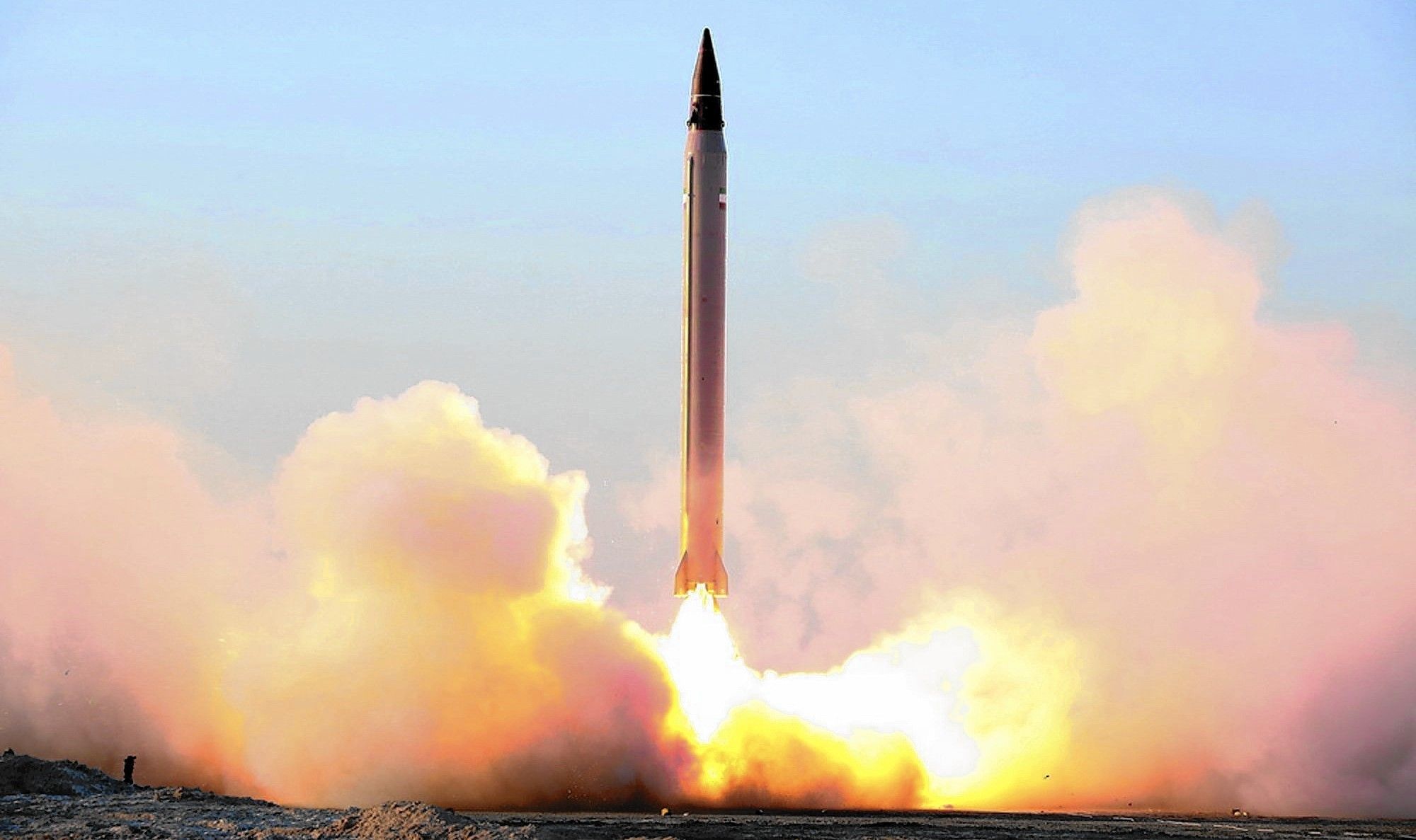Vienna: International talks on Iran’s nuclear program will restart on Monday after a five-month hiatus with Tehran saying it is “determined” to reach a deal but analysts predicting major obstacles to any speedy resumption of the 2015 nuclear deal.
Iran paused the negotiations in June after the election of an ultraconservative new president, Ebrahim Raisi. Diplomats at the time had said they were “close” to an agreement.
Iran ignored appeals from Western countries to restart the talks for several months, all the while strengthening the capabilities of its nuclear program. In August, Raisi said Iran was again open to talks.
The talks are expected to start around 2 pm (1300 GMT), diplomatic sources said, in the Palais Coburg hotel where the 2015 agreement was clinched.
Along with Iran, diplomats from Britain, China, France, Germany and Russia will attend.
The United States will take part in the talks indirectly.
On Monday, the Iranian foreign ministry said its delegation was in Vienna “with a firm determination to reach an agreement and is looking forward to fruitful talks”.
“If the other side shows the same willingness, we will be on the right track to reach an agreement,” said ministry spokesman Said Khatibzadeh.
Last week, US Special Envoy for Iran Rob Malley said Tehran’s attitude “doesn’t augur well for the talks”.
“If they start getting too close, too close for comfort, then of course we will not be prepared to sit idly,” Malley told the US National Public Radio last week.
‘Precarious situation’
The 2015 deal, also known as the Joint Comprehensive Plan of Action (JCPOA), offered a lifting of some of the array of economic sanctions Iran had been under in return for strict curbs on its nuclear program.
But the deal started to unravel in 2018 when then US president Donald Trump pulled out and began reinstating sanctions on Iran.
The following year, Iran retaliated by starting to exceed the limits on its nuclear activity laid down in the deal.
In recent months, it has started enriching uranium to unprecedented levels and has also restricted the activities of inspectors from the International Atomic Energy Agency (IAEA), the UN watchdog charged with monitoring Iran’s nuclear facilities.
IAEA Director General Rafael Grossi said “no progress” was made on issues he raised during a visit to Tehran last week, which had hoped to address bones of contention between the agency and Iran.
“Iran’s unwillingness to reach a relatively straightforward compromise with the IAEA reflects poorly on the outlook for the nuclear talks,” said Henry Rome, Iran specialist at the Eurasia Group think tank.
“Iran may calculate that its unconstrained nuclear advances… will put more pressure on the West to give ground in talks quickly,” Rome said, warning this would “likely have the opposite effect”.
“The situation regarding Iran’s nuclear advances is increasingly precarious,” Kelsey Davenport, an expert with the Arms Control Association, told journalists last week.
“While the Trump administration manufactured this crisis, Iran’s actions are really prolonging it,” Davenport said.
Covert program?
“Iran is acting like the United States is going to blink first but… pressure is a double-edged sword” which could kill any prospect of the 2015 deal being restored, she added.
One particular area of concern for the IAEA is a centrifuge-components manufacturing unit in Karaj, near Tehran.
The IAEA has not had access to the site since its cameras there were damaged by an “act of sabotage” in June.
Iran has accused arch-foe Israel of carrying out an attack on the site.
“If there are gaps in the IAEA’s monitoring, it will drive the speculation that Iran has engaged in illicit activity, that it has a covert program, whether there’s evidence to that or not,” Davenport pointed out, which could in turn “undermine the prospects for sustaining the deal”.
In London, top Israel diplomat Yair Lapid was scheduled to meet British Prime Minister Boris Johnson and Foreign Secretary Liz Truss on Monday, and French President Emmanuel Macron in Paris on Tuesday.
In advance of their meeting Truss and Lapid published an article in the Daily Telgraph newspaper saying they would “work night and day to prevent the Iranian regime from ever becoming a nuclear power”.
Former Israeli prime minister Benjamin Netanyahu was among the most vocal critics of the 2015 deal.











